
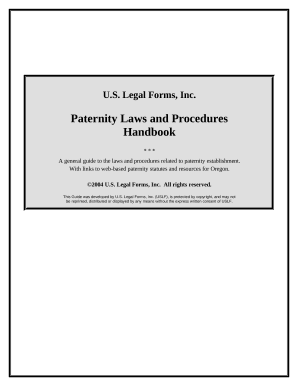
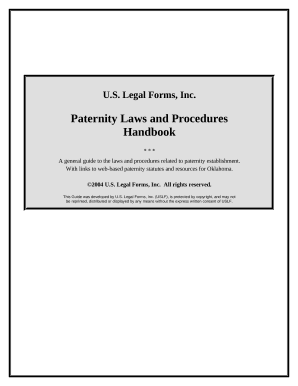
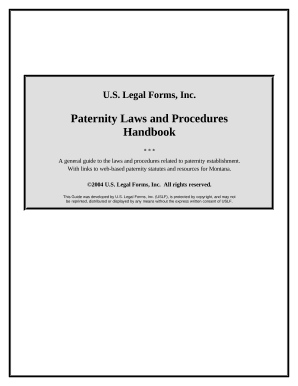
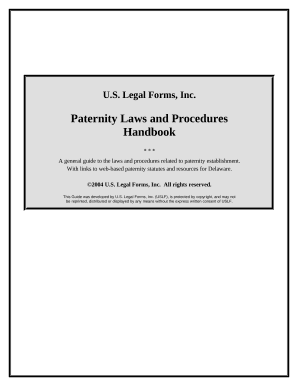
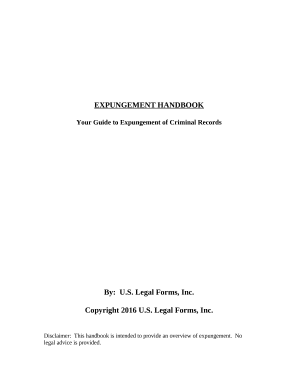
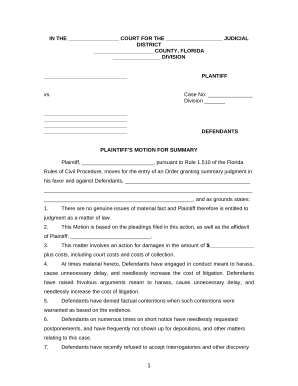
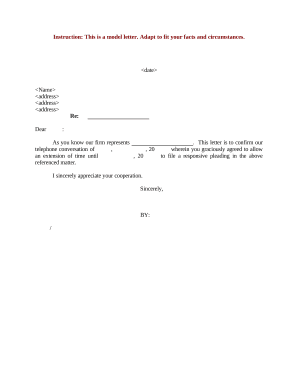

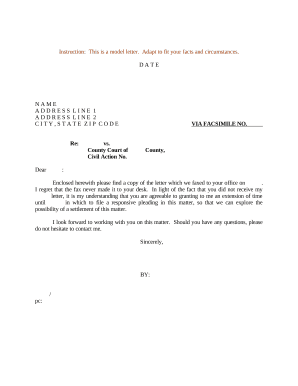

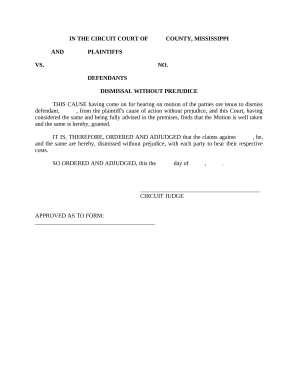
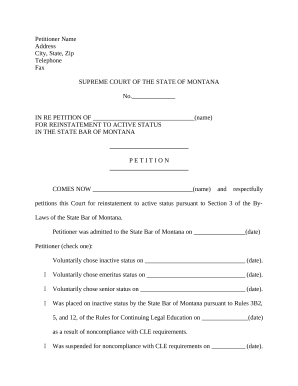
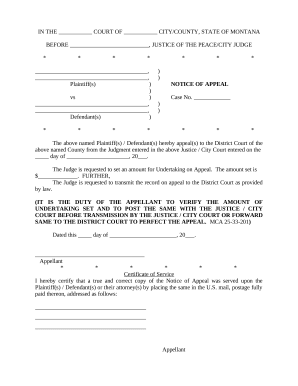
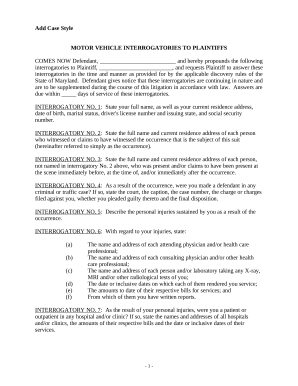
Improve your file administration with the Law Procedures online library with ready-made form templates that meet your needs. Get your document, change it, fill it, and share it with your contributors without breaking a sweat. Start working more effectively together with your documents.
The best way to manage our Law Procedures:
Examine all of the opportunities for your online file management with our Law Procedures. Get your free free DocHub profile right now!